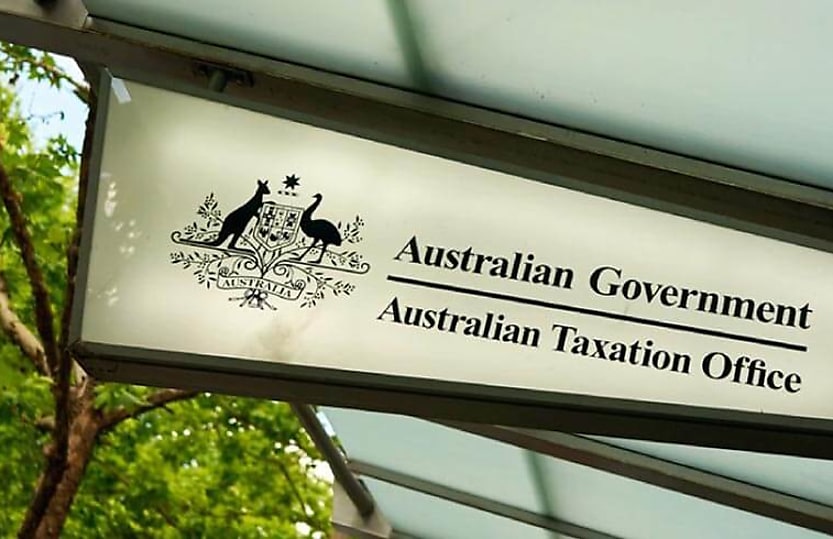Pillar Two rules pose ‘significant compliance challenges’, consultation reveals

The global anti-base erosion rules may require system changes and manual interventions given the extensive data points required under the rules, the ATO has cautioned.
Recent consultation undertaken by the ATO concerning the OECD/G20 Two Pillar Solution for multinational businesses has shown there are varying degrees of readiness among businesses and that the rules are likely to pose significant compliance challenges.
While measures to implement a global minimum tax and domestic minimum tax are not yet law, the ATO said it is already taking steps to progress the implementation of the measures before they become law.
“This includes designing domestic returns and developing the systems required to administer the measure in advance of the first lodgements, due by 30 June 2026,” the Tax Office said.
The global anti-base erosion rules (GloBE rules) aim to set a minimum on tax rates to discourage large multinational enterprise groups (MNE groups) from moving their profits to countries where they have to pay less tax.
The ATO said it has already begun early public consultation on the proposed reforms to provide preliminary education and awareness about the GloBE measures.
The Tax Office has also sought feedback to understand the impact of the Pillar Two GloBE measures on administration, compliance and systems.
“From 1 February 2024, we have held a total of 25 consultation meetings with MNE Groups, industry groups, advisers and Digital Service Providers (DSPs),” the Tax Office said.
“Consultations with DSPs are continuing and we are currently considering future ATO-led consultations.”
In the consultations it has held so far, the ATO said multinational groups have raised some of the technical difficulties in capturing the data points the GloBE Information Return (GIR) requires.
Multinational groups have warned that the data points needed for the return are extensive and may require system changes or manual interventions, the ATO said.
The reforms may also require considerable time and resources given the system updates required for meeting the obligations.
The ATO said stakeholders have also raised a variety of topics about the ATO's administration and interpretation of the GloBE Rules, when enacted, including the potential application of penalties
“Several consultees indicated there will likely be significant reliance on safe harbours, developed by the OECD/G20 Inclusive Framework on BEPS,” it said.
Questions about how the new obligations will interact with the Australian income tax regime have also been raised.
“In some instances, there was a misconception we will be able to provide further concessions and simplifications beyond the OECD/G20’s GloBE Rules to reduce compliance costs,” said the Tax Office.
“It was communicated to consultees that, to ensure qualified status, we are unable to provide administrative concessions or simplifications that are inconsistent with those provided for in the OECD/G20's GloBE Rules, Commentary and Administrative Guidance.”
Following the release of draft legislation, the ATO said it proposes to carry out further public consultation in due course.
“Several consultees indicated they were seeking to review the legislation and Explanatory Memorandum before identifying potential topics in respect of our administration and technical interpretation,” the ATO said.






